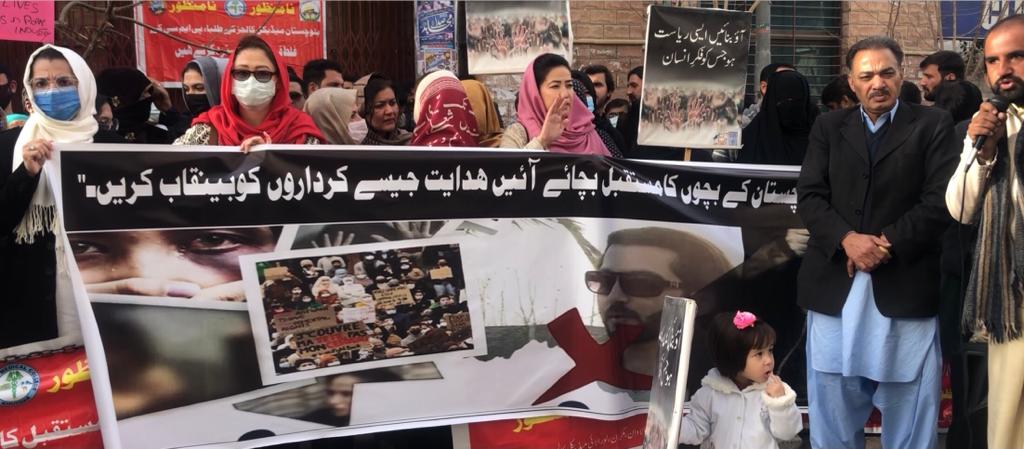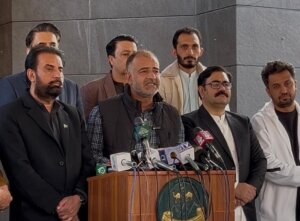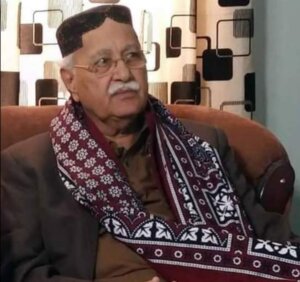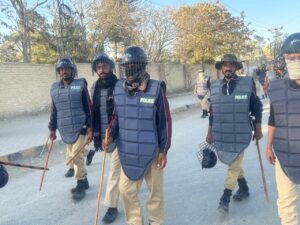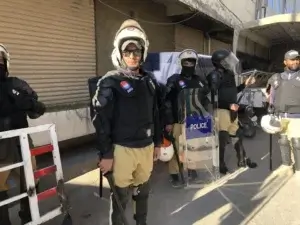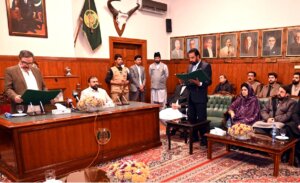Chandni Kakar:
Beneath the rugged beauty of Balochistan lies a grim truth – the persistent specter of honor killings. On July 1st, 2023, another name joined the tragic list of victims: Shr, a young woman whose life was snuffed out in the name of a twisted tradition. Sadly, Shr’s story is not unique. Just days later, Muhammad Hashim and his fiancée, N, fell victim to bullets in Sanjawi Tehsil. These are the stories that manage to surface; countless others remain hidden in the shadows of fear and silence.
Tradition Turned Tragedy, Fueled by Patriarchal Forces
Honor killings, known locally as “Siyakari” or “black deeds,” are deeply entrenched in the cultural and social tapestry of Balochistan. This barbaric practice sentences individuals to death for perceived violations of “honor,” often synonymous with challenging societal norms regarding relationships and sexuality. Women bear the brunt of this archaic mindset.
Consider the fate of a young woman in Jaffarabad, whose aspirations for education cost her life. Deemed a transgression by her family, her dreams were met with ostracization and ultimately, her untimely demise. In another chilling account from Sohbatpur, a young woman who dared to reject an arranged marriage met a similar fate – her “crime” being the pursuit of love on her own terms.
Beyond Numbers: A Human Rights Catastrophe
Statistics paint a grim picture. In 2021, the Aurat Foundation documented 49 honor killings in Balochistan, with Naseerabad district alone accounting for 27. The Human Rights Commission of Pakistan (HRCP) recorded at least 35 such killings in the province in 2022, with women disproportionately affected.
Yet, these numbers merely scratch the surface. Fear of societal stigma and distrust in the legal system often deter families from reporting these heinous crimes. The true scale of this human rights crisis remains obscured.
Breaking the Chains: Women Leading the Charge
Amidst the prevailing fear, glimmers of hope emerge. Balochistan witnesses the emergence of remarkable women who defy the status quo. They break the silence, challenge societal norms, and demand their rights. These courageous individuals, often activists and social workers, stand at the forefront of change.
Take, for instance, a teacher in Jaffarabad who risked her life to speak out against honor killings. Initiating an education campaign in her community, she shed light on women’s rights and the brutality of Siyakari. Though met with resistance, her efforts ignited a crucial conversation – a vital step towards dismantling this entrenched tradition.
A Call to Action: Halting the Cycle of Violence
The battle against honor killings demands a multifaceted approach. Targeted education campaigns, addressing both men and women, can dismantle the notion of “honor” tethered to female control. Empowering women through education and economic opportunities enables them to seize control over their lives.
Moreover, bolstering the legal framework and ensuring swift justice for perpetrators is imperative. Religious leaders must condemn Siyakari and advocate for a more progressive interpretation of religious texts.
Beyond Balochistan: A Global Imperative
While Balochistan often takes center stage, honor killings constitute a global epidemic. Countries like Jordan, Egypt, and India grapple with similar practices. Sharing best practices and fostering international cooperation can yield more effective solutions.
The stories of Shr, Muhammad Hashim, N, and countless others serve as poignant reminders of the human toll of honor killings. By amplifying their voices and striving for a fairer, more equitable society, we can break the cycle of violence and consign such tragedies to the annals of history.
